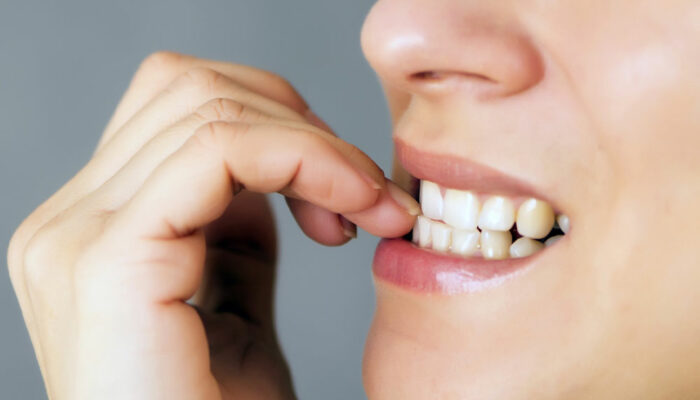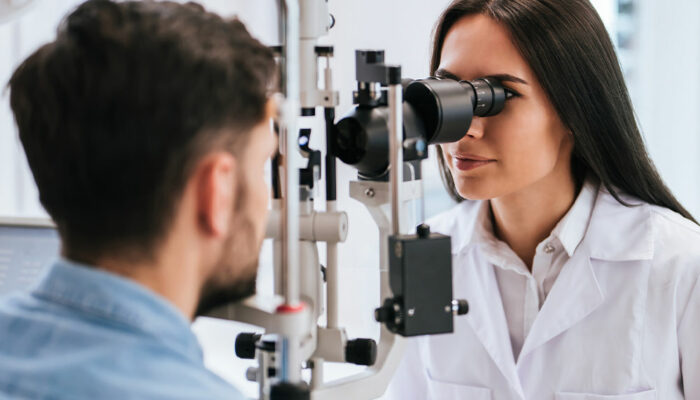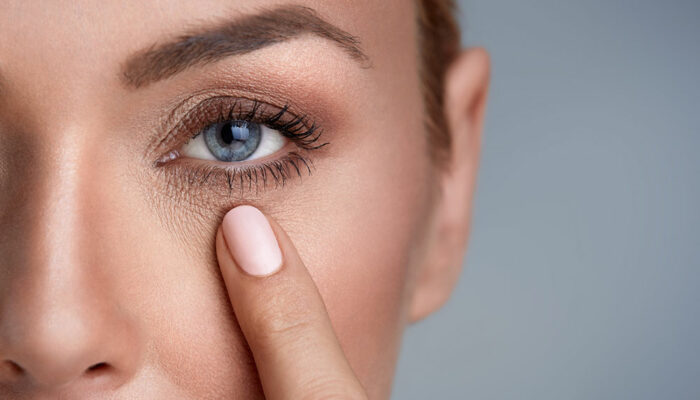
health
7 unhealthy habits that damage teeth
Maintaining a healthy smile goes beyond just regular brushing and flossing. One may follow several habits without realizing the potential harm they can cause to one’s teeth. From seemingly harmless activities to daily routines, these habits can lead to tooth decay, gum disease, and other dental problems. Here are some common but often overlooked habits that harm oral health. One must avoid them to extend the longevity of their pearly whites. Poor oral hygiene Neglecting proper oral hygiene practices, such as inconsistent brushing and skipping flossing, can pave the way for plaque buildup. This buildup contributes to tooth decay, cavities, and gum disease, which can lead to more serious dental issues if left untreated. Using teeth as a tool Using one’s teeth to open bottles, tear packages, or crack nuts might seem convenient, but it’s a recipe for disaster. This habit can cause chips or cracks in one’s teeth or lead to gum bleeding. So it’s advisable to use one’s teeth only for chewing food and not as substitutes for scissors or bottle openers. Nail biting Nail biting affects one’s nails and takes a toll on one’s teeth. This habit exerts pressure on one’s teeth and jaw, potentially causing misalignment and damaging tooth enamel.
Read More 








